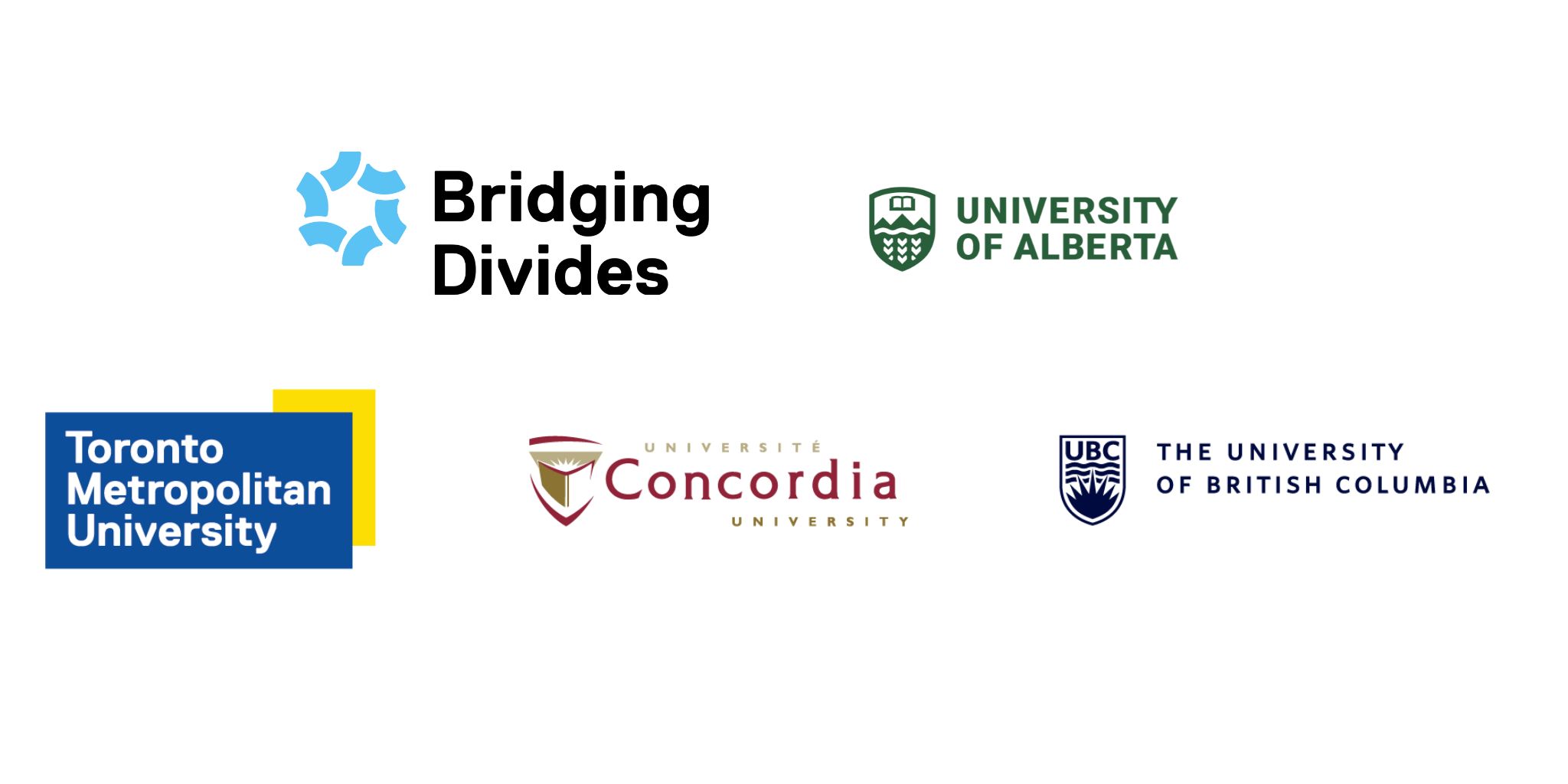Python for Social Scientists: A Practical Programming Primer - Session 1
- Date
- September 13, 2024
- Time
- 12:00 PM EDT - 2:00 PM EDT
- Location
- Online via Zoom
- Open To
- All Bridging Divides researchers, affiliated researchers, HQPs, and partners

Check the time of the event in different time zones:
9:00AM - 11:00AM (PDT)
10:00AM - 12:00PM (MDT)
12:00PM - 02:00PM (EDT)

This training session is hosted by Bridging Divides and open to all BD researchers, affiliated researchers, HQPs, and partners. The training is led by Stuart Duncan, Toronto Metropolitan University.
Note: Session 1 is the starting point of a 5-session sequential series. Participants are encouraged to attend all classes in order.
More about the course
This course works to introduce social science researchers to Python programming and its applications in both computational and artificial intelligence-based research.
Geared towards participants with no-prior programming experience, this course will demystify programming concepts, enabling researchers to harness the power of Python in their everyday work. Transitioning from basic programming concepts to more advanced computational techniques, participants will gain a comprehensive understanding of how Python can be utilized in social science research.
Participants will embark on a learning journey that covers essential programming fundamentals, data handling, visualization techniques, statistical analysis, and an introduction to machine learning, all framed within the context of social science research applications.
Course schedule
The course consists of five sessions, all scheduled on Fridays via Zoom from 12 PM to 2 PM EDT. Participants need to register for the course once; reminders will be sent before each session.
Session Schedule:
More about the presenter
Stuart Duncan is a PhD candidate in Media and Design Innovation at Toronto Metropolitan University. Stuart's research focuses broadly on the field of computational social science concentrating on the social impacts of artificial intelligence and online algorithms, with a particular focus on its impacts in the field of journalism.